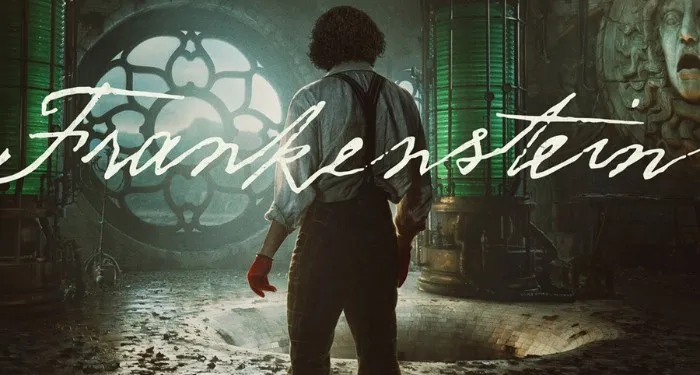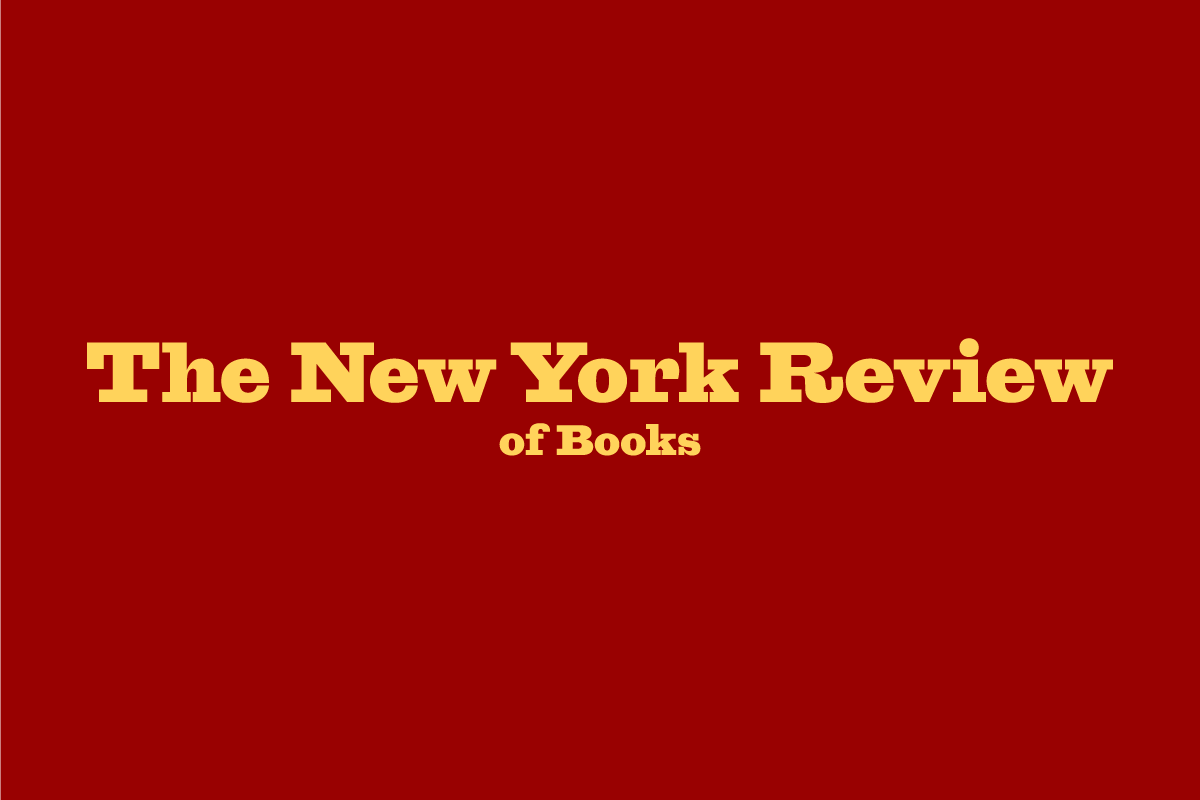To the Editors:
I’m grateful to Kwame Anthony Appiah for his kind words about What Is Free Speech? The History of a Dangerous Idea and for his serious engagement with its arguments [“Watch What You Say,” NYR, September 25]. I agree with many of his points. The situation in the UK is a shambles; the First Amendment has a proud history as a bulwark against governmental oppression. Both the balanced and the libertarian approaches to free speech lead to serious problems, albeit of different kinds.
But allow me also to correct some misconceptions. I never suggest that free speech has only a single purpose, rather than many different ones. Nor that the First Amendment “preempts social justice concerns”: from Frederick Douglass onward, the opposite has often been true. And of course its text does not automatically determine particular legal outcomes. All I try to show is that the amendment’s peculiar, globally unique rhetoric allows free speech to be defined in ways that a more balanced formulation would preclude.
Appiah suggests that when it comes to John Stuart Mill’s theory of free expression, I “sometimes mistake complexity for contradiction.” Yet some of Mill’s sharpest contemporary critics, like his fellow imperial administrator James Fitzjames Stephen, identified the same shortcomings that I highlight. My approach is not that of an inquisitor, as Appiah charges, but merely that of a historian, trying to understand the fascinating shape of a profound yet imperfect historical text.
He also complains that though my book documents the obvious power imbalances and inconsistencies of speech regulation over the centuries, as it approaches the present it focuses more on the perils of libertarian speech permissiveness. The reasons for that are simple, though evidently I should have highlighted them more clearly. Instead of cataloging the limitations of twentieth-century speech regulation in different cultures, which have been amply documented by others, the final part of my book seeks to explain a less well understood yet central feature of our modern world, namely the rise of a more absolutist interpretation of the First Amendment since the 1960s and its incorporation into the attitudes and practices of the American Internet companies that now dominate public discourse around the world. That is not a straightforward matter of cause and effect, and of course those companies and their algorithms are constantly moderating (or, if you prefer, censoring) the content they transmit, based on many different considerations. But I am less sanguine than Appiah seems to be about trusting them to monopolize online speech in opaque and self-interested ways, without being made to take any responsibility as the most powerful publishers and shapers of public opinion the world has ever seen. And I stand by my argument that the simplistic shorthands that have come to dominate recent American presumptions about free speech (e.g., that the only possible remedy even for truly harmful utterances is just more speech) feed into the anything-goes, all-information-is-equal, fake-it-till-you-make-it bullshittery that tends to characterize the intellectual outlook of our Silicon Valley overlords.
To focus only on government power vis-à-vis individual citizens, as modern arguments and policies about free speech tend to do, is insufficient. As interpretations of the First Amendment up to the 1950s usually recognized, and people elsewhere in the world continue to, one also needs to consider the responsibilities of mass media not to amplify lies, slanders, and misinformation about important matters—and to try to find nonpartisan, arm’s-length systems of oversight to ensure that powerful publishers take account of the public interest as well as their own profits. That difficult problem lies at the heart of the transnational political struggle about defining free speech and regulating American Internet corporations currently playing out in Brazil, Europe, and elsewhere around the world.
Fara Dabhoiwala
Princeton University Princeton, New Jersey
Starting in the late 1940s, my father—a law student in London and the president of the West African Students’ Union—rented a soapbox at Speakers’ Corner in Hyde Park each Sunday and held forth. A colonial subject from the Gold Coast, he thundered for freedom and denounced imperial injustices. Sometimes the speeches led protesters to Trafalgar Square, even Downing Street. Once, as he delivered a fiery oration at a meeting of railway trade unionists, his friend Kwame Nkrumah, freshly arrived in town, tugged his coat and murmured, in their shared Akan, “Won’t these whites have you arrested?”
It wasn’t a crazy concern. Words like his could feel hurtful to those they indicted; later, Black nationalists at Speakers’ Corner were convicted of “incitement” under the Race Relations Act. But how to regulate public forums vastly greater in scale than Speakers’ Corner? In What Is Free Speech? The History of a Dangerous Idea, Dabhoiwala sees First Amendment absolutism in the practices of Facebook and its ilk. What’s skated over is that they throttle content constantly—sometimes under their speech codes, sometimes at governments’ requests. Meta’s first-quarter Transparency Report this year recorded that in December 2024 alone it removed millions of posts each day. When India decided this spring that the Pakistani singer Ali Zafar was a national security menace, his Instagram account was duly blocked.
It’s fair to worry about how such policies distort public discourse. It isn’t fair to characterize them as First Amendment absolutism. Nor is the use of “nonpartisan, arm’s-length” overseers to police speech anything new. Thomas Erskine, pacing the courtroom to stop the distribution of Thomas Paine’s Age of Reason, was acting for the Society Opposed to Vice and Immorality; a host of “vice societies” would play similar roles, not least Anthony Comstock’s New York Society for the Suppression of Vice.
Dabhoiwala’s enlistment of James Fitzjames Stephen helps clarify his stance. In a book-length broadside, Stephen identified Mill’s great shortcoming as the failure to recognize that adults in his own country, not merely children or “backward” populations, required the state’s firm and guiding hand. He denied any real distinction between self-regarding and other-regarding acts (“Vice is as infectious as disease”) and thought society’s norms were rightly maintained by force (“To attack opinions on which the framework of society rests…is and ought to be dangerous”).
So when the ACLU defends a miscreant to protect a principle, Dabhoiwala echoes Stephen in objecting that “its actions proclaim that even the most hateful, untrue or otherwise toxic views are worthy of public dissemination—that these are ideas that deserve to be heard.” As Stephen wrote, “How can the State or the public be competent to determine any question whatever if it is not competent to decide that gross vice is a bad thing?”
Some readers may take Dabhoiwala’s letter to be a recalibration of the views in his book, perhaps in light of the right-wing campaign against our free speech norms; in fact, as he explains, he pressed the restrictionists’ case because he thought pro-liberty arguments were in no need of representation. At least within academic circles in the twenty-first century, I’d describe the tenor of the conversation rather differently, but I don’t think I’ve misrepresented his views—readers can judge. For when Dabhoiwala calls free speech a “dangerous idea,” this isn’t genial homage; he does mean to stress its dangers. The opposite dangers easily slip from mind, until reality intrudes.
After the Gold Coast gained independence as Ghana, with Nkrumah as its president, those Sundays on the soapbox were put to use when my father campaigned at home. He sat in the first parliament, then broke with Nkrumah, protesting that he had cast aside the constitution. Under the Preventive Detention Act, my leather-lunged father was hauled off to prison without charge; security men rifled our bookshelves at home. As Stephen wrote, “The essence of life is force, and force is the negation of liberty.”
Dabhoiwala says we shouldn’t fixate on individuals. The problem is that regimes of regulation always land on them—sometimes on an ardent, kente-clad orator with a child who wonders why his father can’t come home. Still, credit where it’s amply due: if I do not share Dabhoiwala’s avidity for more aggressive speech regulation, it’s partly because his own marvelous history lessons stiffen my doubts. And though I find his prescriptions unconvincing, I do not find them unrewarding. Thoughtful provocations like his help keep liberalism from complacency.


















 English (US) ·
English (US) ·